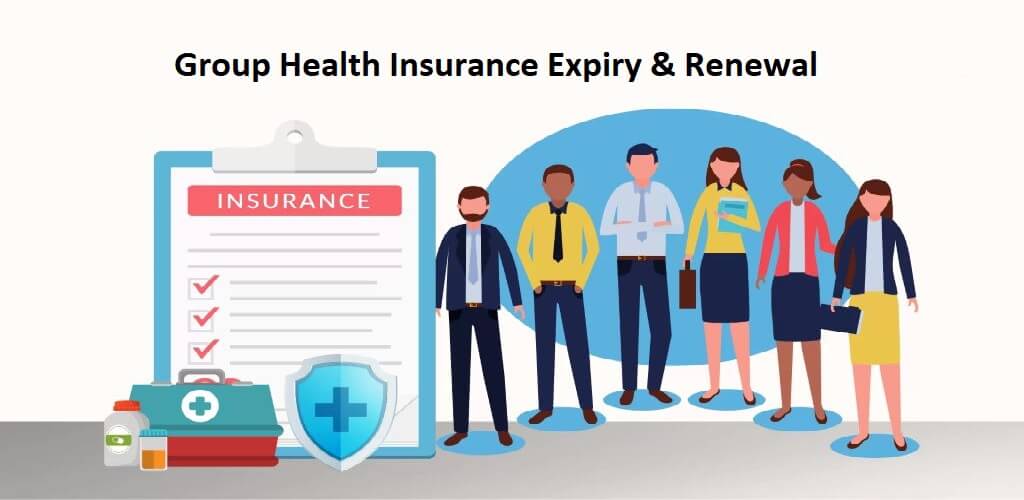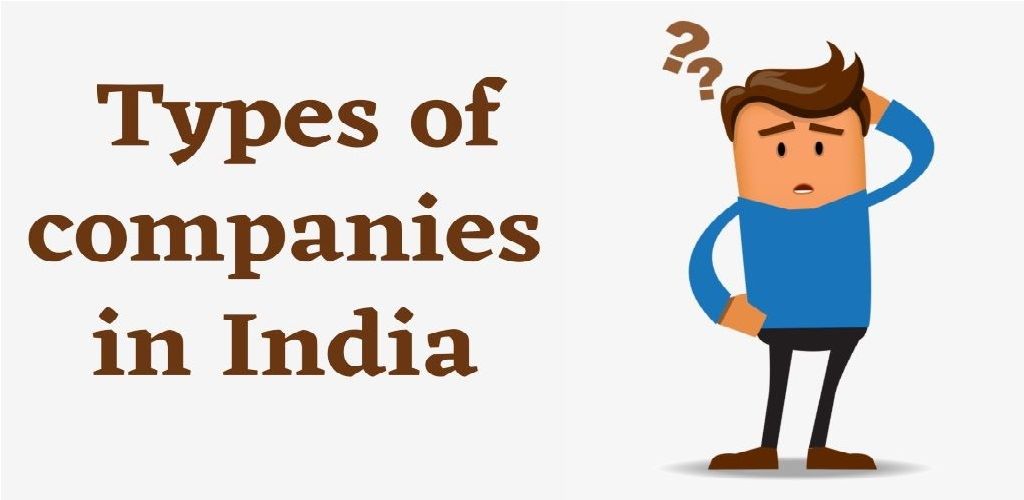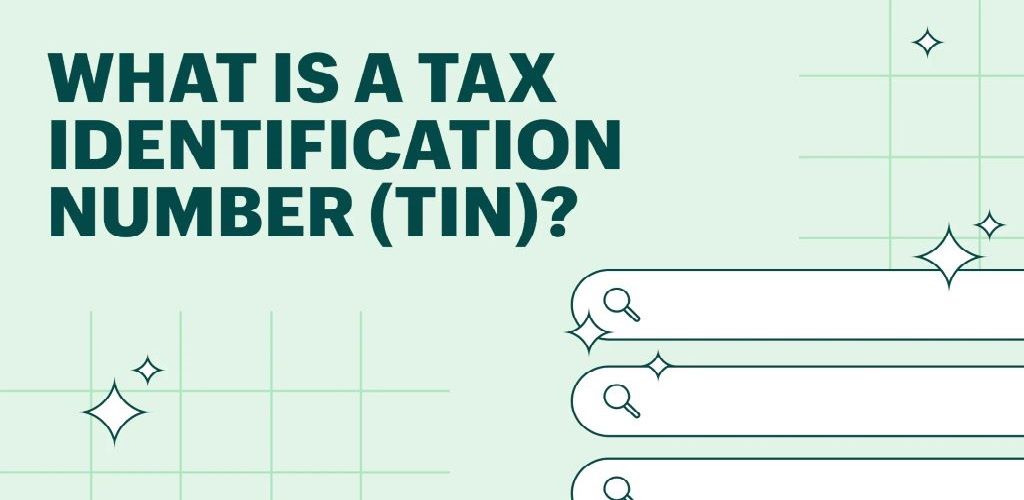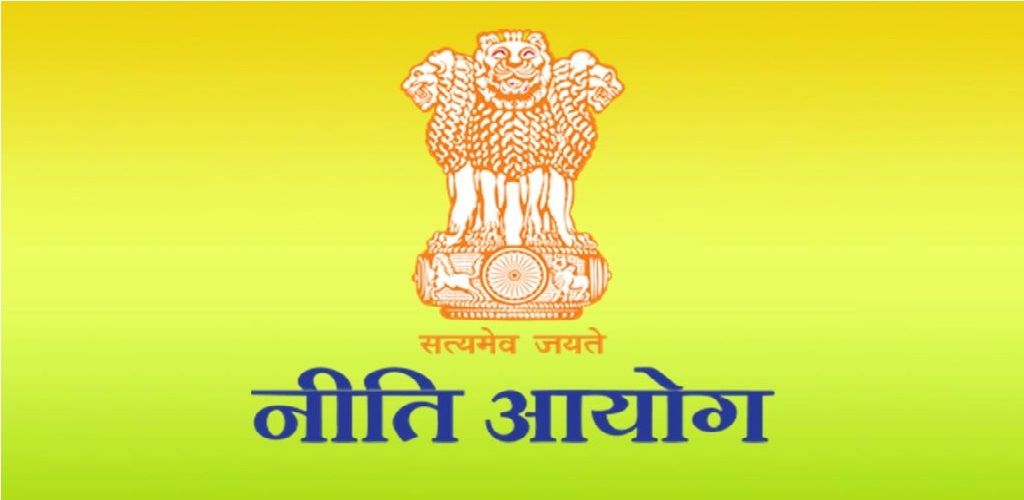Group health insurance or Group medical insurance provides employees with an opportunity to get maximum coverage for medical expenses. Though getting yourself insured under group health insurance is exciting, you should not forget to renew it.
Renewing your group health insurance isn’t only important but also a task that you should keep on priority. It is no secret that the well-being of your employees relies on having adequate coverage so it’s crucial to carefully choose a policy that suits your needs.
Remember that each health insurance plan has a specific duration which remains valid. If you, however, don’t renew it then you may lose all the associated benefits.
For instance,
A Delhi-based IT company, named Crypto IT Solutions, offers group health insurance is its employees which is valid for 1 year. If the organization renew the policy, the company may ensure continued coverage for another year. But, on the other hand, if the company doesn’t renew the health insurance by any chance then the policyholder shall lose all the medical coverage. In case of any medical emergency, employees will then have to pay from their own pocket.
Planning to learn more about Group Health Insurance Expiry or Renewal? If so, let’s dive in and save you significant time and effort.
Benefits of Renewing Your Health Insurance Policy on Time
Renewing your health insurance before its expiration offers a plethora of advantages. Let’s discuss the potential benefits of renewing your health insurance policy before its expiry.
- Continuous Coverage
One of the key benefits of renewing your health insurance on time is that it offers seamless protection for your employees against unexpected medical expenses. Remember that any delay in coverage could result in increased premiums and it could be a serious concern if any employee runs into danger medical issue during the gap. Thus, when you don’t renew your employees’ health insurance on time, your employees may face challenges in getting a new policy due to pre-existing conditions or age-related restrictions.
- Avoidance of Underwriting
Another major benefit of renewing your policy on time is that underwriting (the process through which insurance companies evaluate your risk profile and determine your premium rate) can be avoided. Remember that when your employees don’t run into underwriting procedures, it may lead to significant savings on premiums.
- Tax Benefits
It is one of the biggest benefits of renewing your health insurance on time as if it’s not done on time, employees may need to break their budget to pay tax. Ensure you renew your policy on time to enjoy tax advantages outlined in Section 80D of the Income Tax Act, 1961. Not only will it help in reducing the tax burden but also offset the costs associated with insurance premiums.
- Stable Premiums
There is no denying the fact that health insurance premiums (be it group or individual) are prone to fluctuation from year to year. Thus, renewing your policy before it expires allows you to maintain a stable premium rate especially if you initially acquired the policy at a younger age. Keep in mind that if you let your policy lapse, it would ultimately result in higher premiums.
- NCB Discount
Last but not least, if you don’t make a claim against your group health insurance in a particular year then you are entitled to enjoy a no-claim bonus discount. For those who don’t know, the No Claim Bonus (NCB) serves as a reward for policyholders who refrain from making claims during the policy period. Thus, it can be said that the timely renewal of your policy is essential to protect your NCB and maximize your coverage benefits.
What to keep in mind During Group health Insurance expiry & renewal?
During the expiry and renewal of group health insurance, both the insured and insurer should be mindful of the following aspects. Let’s discuss them in detail!
- Claim Period
The first aspect that both parties need to remember is that claims made between the expiry and renewal of group health insurance will not be considered by the insurance company. Policyholders need to be aware of this timeframe to avoid any misunderstandings regarding claim eligibility.
- Renewal Discretion
It is another aspect that both parties should be mindful of. The decision to accept or deny the renewal of group health insurance lies with the insurance company. However, if the renewal is denied, the insured party has the right to request an explanation for the denial.
- Renewal Timeline
There is no denying the fact that group health insurance must be renewed at least 30 days before the policy expiration date. While this is the standard timeframe, some insurance companies may offer a grace period of 15 days for the payment of renewal premiums by the employer.
- Notification Regarding Premiums
Lastly, no matter what insurance company is chosen for health insurance, it is the duty of every insurance company to inform the policyholder about the premium payable for the upcoming year. The applicant is responsible for making the payment and obtaining a receipt as proof of payment.
What happens if your Group Health insurance renewal is not processed on time?
Here is the list of the potential consequences of failing to renew your health insurance policy on time.
- Loss of Coverage
If the renewal is not completed within the specified timeframe, you will lose coverage under that policy. Furthermore, you may then be unable to utilize it to pay for medical expenses.
- Out-of-Pocket Expenses
Without active insurance coverage, you will need to pay for medical expenses from your own pocket. Thus, it will lead to significant financial strain.
- Additional Premiums
If you decide to purchase a new policy after the expiration of the previous one, you may be subject to paying an additional premium which will ultimately increase the overall revenue cost.
- Restarting of Waiting Period
If there is any waiting period associated with coverage under a new policy will start from scratch which will lead to delayed benefits and services.
- Exclusions of Pre-Existing Conditions
Until the completion of a waiting period, coverage for pre-existing conditions may be unavailable under the new policy, which will be vulnerable to potential medical expenses related to these conditions.
- Medical Examination Requirement
Depending on the insurance provider’s policies, you are required to undergo a medical examination to qualify for a new policy. This, in turn, will lead to further inconvenience and potential delays in the process.
Frequently Asked Questions
Listed below are the frequently asked questions related to the Group Health Insurance Expiry & Renewal.
Most insurance companies provide a grace period of 15 days to pay renewal premiums for medical insurance. However, some insurers may extend this grace period to 30 days. The duration of the grace period varies depending on the insurance company and the specific type of mediclaim policy you have.
Yes, group health insurance policies offer protection to the insured group members against injuries, illnesses, and other medical conditions. Additionally, the coverage of a group mediclaim policy can be extended to include the dependents of the insured group members.
Yes, renewing your insurance before it expires is crucial. You can even switch to a plan from a different insurer before the current plan expires. Renewing before expiry helps avoid consequences such as inspections and premium hikes that may occur due to a lapse in coverage.
When your policy lapses, you lose the benefits of continuity which includes the waiting period for pre-existing diseases. Upon expiration, you’ll need to purchase a new group health insurance policy, which may include a new waiting period ranging from 2 to 4 years or as defined by your insurance company.
Yes, age can indeed impact the increase in premium rates. For example, if you reach a certain age bracket, such as turning 60 during the policy period and seeking renewal, your age becomes a crucial factor in determining the premium amount.








